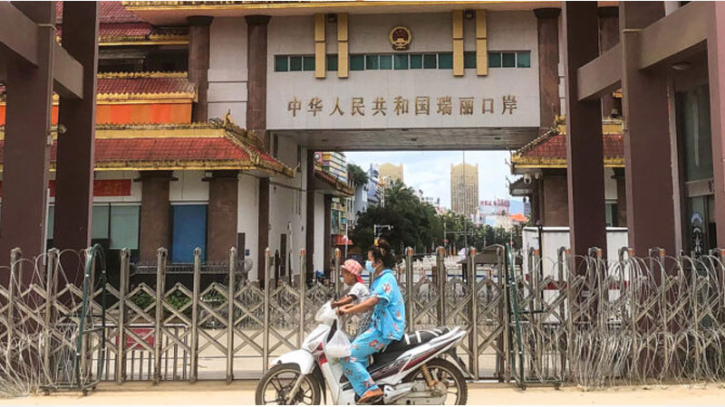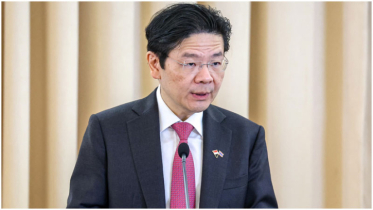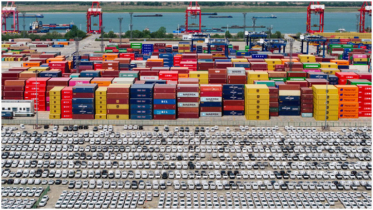China shuts border trade with Myanmar, Inflation surge expected

China started closing all border trade posts, including informal ones, with Myanmar on Tuesday, businesspeople and residents of border areas said.
According to a report published in Irrawaddy, the suspension of border trade will spark more inflation in the Junta ruled country, a senior member of Myanmar’s largest business lobby group said.
The member of an executive committee at the Union of Myanmar Federation of Chambers of Commerce and Industry warned, “We can anticipate shortages of goods and supplies and prices are likely to rise with the speed of a rocket.”
The reason for the closure of the border trade gates was not announced, but the move followed an attack on the Chinese Consulate in Mandalay on October 18 and the intensification of clashes between junta and Kachin Independence Army (KIA) troops near the border with China.
Chinese authorities shut their side of the border opposite Myanmar’s Kanpaikti border trade post in Kachin State’s Waingmaw Township on October 19, and on Tuesday began shutting border gates at four other official crossings in Kachin and Shan states, traders said. They are in Lwegel town in Kachin State’s Momauk Township, and in Muse, Chinshwehaw and Mongla (Kengtung) towns in northern and eastern Shan State.
China also closed all informal border crossings with Myanmar, of which there are at least seven major ones.
People and goods are no longer flowing across the border at any official or informal crossings, residents said.
Myanmar relies heavily on China for a wide range of imports, while its exports to China primarily consist of raw materials and natural resources. China supplies Myanmar with most of its essential goods, from electronic equipment, machinery, and various commodities to daily necessities like soap.
China likely shut its border because of the ongoing conflict in northern Shan and Kachin states and related border issues, the senior member of the federation. He said he could not guess how long it would take to reopen the border gates and restore trade between the two countries.
Myanmar has five official border trade posts along its border with China. They are the Muse border trade zone, and Chinshwehaw and Mongla border trade posts in northern Shan State. Two more are in Kachin State. They are the Lwegel and Kanpaiti border trade posts.
Lwegel has been under the control of the KIA since March. The Muse trade zone has five official gates. The junta has been able to keep control of only two: Nantaw and Sinphyu. The other three gates have been closed since they fell under the control of the Brotherhood Alliance of ethnic armies late last year.
The junta controls trade at the trade post in Mongla Township, eastern Shan State, but the border trade post in Chinshwehaw town in Laukkai Township is controlled by the Myanmar National Democratic Alliance Army. Trade at both posts was shut on the Chinese side on Tuesday.
China’s closure of border trade posts with Myanmar followed the recent seizures of junta bases and a town on the border with China.
On October 18, the KIA took control of the border town of Pangwa and on Monday it captured the headquarters of Border Guard Force Battalion 1003 near Kanpaikti.
Border trade with China has been severely disrupted since fighting erupted in northern Shan State last year, a trader in Yangon said.
Businesses have had to shift their reliance from the Muse border trade zone to alternative and informal border crossings due to the volatile security situation and complex taxation procedures imposed by various ethnic armies and the junta, the trader said.
The UN COMTRADE database puts the value of Myanmar’s exports to China at US$3.43 billion for the last fiscal year and says China’s exports to Myanmar reached US$11.4 billion during the period. According to this data Myanmar had a more than US$ 7 billion trade deficit with China in that fiscal year.
.png)




